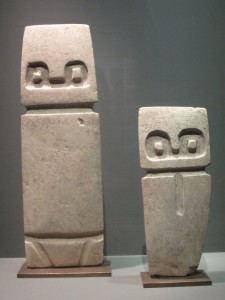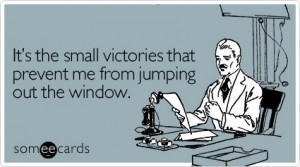It’s been way too long since I’ve written on my website, but I’m happy to report that I’ve been doing a ton of writing in both 750words and in scrivener for my dissertation. So much writing, in fact, that I was able to show my advisor a shortened version of a chapter that I’ve been working on, and she liked it! That’s big news for me, since I haven’t really shown anyone my work since my summer research trips. Processing all of that information into a palpable format that is argument-driven has been quite a task and it’s really been an intellectually invigorating experience. That said, there is still a ton of work to do on the chapter — mostly integrating the relevant literature and framing the discussion on decolonial aesthetics — but I’m happy with the progress that I’ve made so far.
One thing that I definitely want to work on is the formal aspects of my writing and I’m going to read the book Stylish Academic Writing by Helen Sword to see if there are any helpful tips. Although it’s a bit premature to say that I can see the light at the end of the tunnel, now at least I know I’m in the right tunnel and entering at the right speed to graduate in a timely fashion. Will keep you updated on the progress of the dissertation and the other tons of projects that I’m working on!



